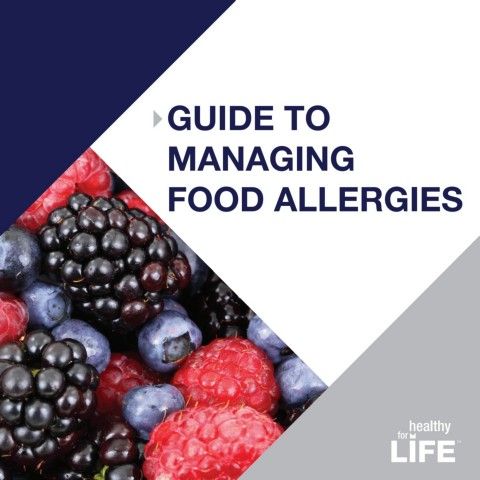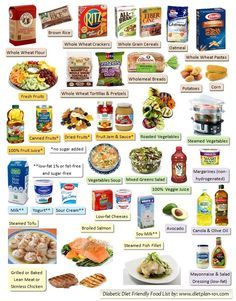Food allergies affect millions of people worldwide. For those who suffer from these allergies, managing their condition is crucial to maintaining good health and preventing potentially life-threatening reactions. This article will discuss various aspects of managing food allergies and provide helpful tips for individuals and their families.
Understanding Food Allergies
Food allergies occur when the immune system has an abnormal reaction to certain proteins found in food. Common food allergens include peanuts, tree nuts, milk, eggs, wheat, soy, fish, and shellfish. When someone with a food allergy consumes even a small amount of the allergen, their immune system triggers a response that can lead to a range of symptoms, from mild itching or stomach discomfort to severe anaphylaxis.
Key points:
Food allergies are caused by an abnormal immune response to certain proteins.
Common allergens include peanuts, tree nuts, milk, eggs, wheat, soy, fish, and shellfish.
Even small amounts of allergens can trigger reactions, ranging from mild to life-threatening.
Diagnosis and Identification
Proper diagnosis and identification of food allergies are essential for effective management. If you suspect you or your child has a food allergy, consult a healthcare professional. They will take a detailed medical history, conduct physical exams, and order specific tests, such as skin prick or blood tests, to confirm allergies.
Important steps:
Consult a healthcare professional for proper diagnosis and testing.
Keep a food diary to track symptoms and potential triggers.
Become familiar with food labeling regulations and identify hidden allergens.
Inform friends, family, and caregivers about the allergy and how to respond in emergency situations.
Creating Allergy-Safe Environments
Managing food allergies requires creating safe environments at home, school, work, and social settings. Minimizing the risk of exposure to allergens is crucial to preventing reactions. Consider the following measures to establish allergy-safe environments:
Keep a clean and allergen-free kitchen by separating utensils, cutting boards, and cookware used for allergenic foods.
Read food labels carefully and identify potential sources of allergens in packaged products.
Inform schools, workplaces, and restaurants about food allergies to accommodate special dietary needs.
Create an emergency action plan that outlines the steps to take in case of an allergic reaction.
Managing Allergic Reactions
Accidental exposure to allergens can occur despite precautionary measures. Knowing how to manage allergic reactions is essential for individuals with food allergies and their immediate caregivers. Mild reactions can be treated with antihistamines, while severe reactions require immediate administration of epinephrine and emergency medical attention. It is crucial to:
Carry a self-injectable epinephrine device at all times.
Learn to recognize the signs and symptoms of an allergic reaction.
Understand proper administration of epinephrine and seek medical help promptly.
Living a Healthy Life with Food Allergies
While managing food allergies can be challenging, it is still possible to live a healthy and fulfilling life. Being knowledgeable about allergens, communicating effectively with healthcare providers, practicing safe food preparation and consumption, and seeking support from local allergy communities can greatly contribute to a successful allergen-free lifestyle.
Best practices:
Stay up-to-date with new research and developments in food allergy management.
Encourage open conversations about allergies and educate others about food safety.
Seek support from local and online allergy support groups.
Take proactive measures to reduce the risk of cross-contamination.
Conclusion
Managing food allergies requires a proactive approach and constant vigilance. By understanding the nature of food allergies, getting properly diagnosed, creating allergy-safe environments, knowing how to manage reactions, and seeking support, individuals and their families can successfully navigate the challenges that come with this condition. With the right knowledge and resources, living a healthy life with food allergies is entirely possible.









